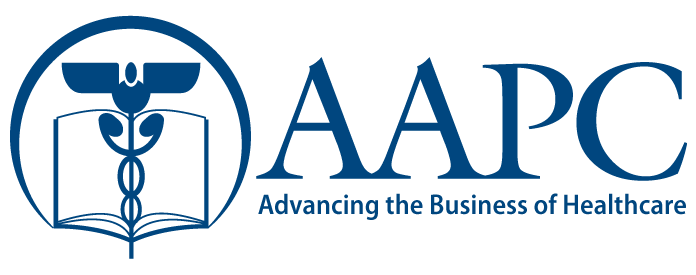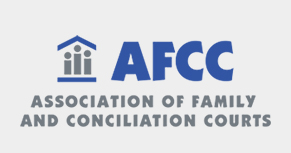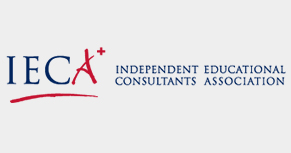[vc_row][vc_column][vc_column_text]
At NW Family Psychology, we understand that there are many reasons adolescents and young adults don’t thrive in school, as well as tap into their full potential to reach and launch their academic and vocational goals.
Many of our prospective students are experiencing either precipitous onset and/or long-standing emotional and behavioral problems that have not responded to mainstream counseling, medication, IEP and 504 plans, and private tutoring.
We have found that part of the solution is first having a comprehensive understanding of your student’s core strengths and challenges – one that provides a developmental life map that clearly illuminates the underlying causes of these challenges and a clear direction for the right tools and support in the voyage to come.
In addition, connection with the right resources is key. This can include not only who to work with for treatment, but which school might best serve a youth’s educational and developmental needs.[/vc_column_text][vc_single_image image=”1547″ img_size=”large” alignment=”center”][vc_empty_space height=”1em”][vc_separator][/vc_column][/vc_row][vc_row][vc_column][vc_column_text]
Our Approach
[/vc_column_text][vc_column_text]Step 1: We have a two-step approach at NW Educational Psychology. The first is to start with a comprehensive assessment of the issues that may be hindering your student’s progress. As preferred providers for pediatricians, private and public schools and universities, as well as wilderness, residential, and therapeutic programs, we have completed hundreds of complex evaluations for the following conditions:
- Recurring major depressive episodes
- Manic and depressive mood swings
- Attention deficit hyperactivity disorder (ADHD)
- First psychotic breaks
- Neurodevelopmental disorders (autism, dyslexia, learning disabilities)
- Excessive worry, anxiety, panic, and fear
- Paranoia and thought disturbances
- Social avoidance/relationship struggles
- Poor life management skills, failure to launch, or other college and career set-backs and delays
- Procrastination and self-sabotage
- Drug and alcohol misuse/abuse
- Personality disorder (borderline, dependent, etc.)
For students already actively engaged in a personal growth pathway or intervention program (e.g., therapeutic boarding school, residential treatment center, adult transitional living facility, etc.), we will provide a roadmap and treatment plan that will help them, their treatment team, and involved providers to implement and sustain a more effective plan. Our goal will be to strive for diagnostic clarity and to elaborate a more effective case formulation, as well as refine a values clarification for best fit for the teen or young adult.
In the long term, the information from this intensive evaluation will help your student create clarity, “actualize” their potential, and help guide them to launch their academic, vocational, and interpersonal strengths across their adolescent and adult development. They will know…
- What works and what doesn’t
- How to effectively resolve setbacks, and
- Thrive in their independent lives
Step 2: Once your student has completed a comprehensive examination, our consulting team will be in a unique position to help connect your student with the evidence-based treatments, providers, and academic/vocational/therapeutic programs that might best fit your student’s developmental and educational needs.
This step begins with identifying the right programs for your student, based on the evidence based assessment completed, which includes, where needed, interviews with program and clinical directors, coordination of the intake and initial placement, regular consultations with the academic and/or therapeutic program, and long term oversight to help support the continuity of care and launch of your student’s academic and vocational potential.[/vc_column_text][vc_single_image image=”1548″ img_size=”large” alignment=”center”][vc_empty_space height=”1em”][vc_separator][/vc_column][/vc_row]






